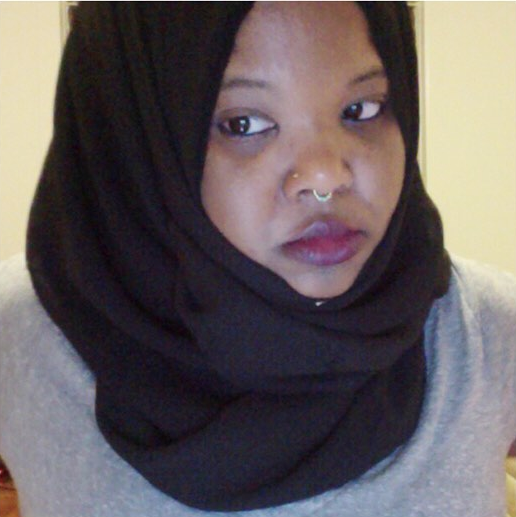“It was an attempt to humiliate and ostracize me.” California-born, Brooklyn-based artist Kameelah Rasheed was questioned by the FBI and ultimately removed from a Lufthansa flight to Turkey the day before Thanksgiving. “I think this happened because I’m Muslim,” she tells Al Jazeera, “because I’m traveling to Istanbul, because they have power with no checks and balances, because security means violating people’s rights, because there’s a general lack [of understanding of] what safety means, because people don’t understand basic geopolitical situations.”
- Frank Stella reimagined it as an abstract sculpture. Koons placed one of his “looking balls” in front of it. Kippenberger substituted his image for its figures. Why has Gericault’s The Raft of the Medusa captured the attention of so many contemporary artists? A number of pieces inspired by Gericault’s work are currently on view in New York, prompting Artsy to investigate. As a “compelling metaphor for the ship of state out of control,” perhaps the The Raft is an ideal vehicle for contemporary artists’ social commentary.
- Partly inspired by President Barack Obama’s eulogy for the pastor Clementa Pinckney, Carrie Mae Weems is creating a new performance to debut in Charleston, SC next year examining a “historic moment” defined by violence, killing, and “the positive responses to these tragedies.”
- Paul Pfeiffer’s new installation at Galerie Perrotin’s Hong Kong outpost transforms the video of the Mayweather-Pacquiao boxing match. The exhibition highlights the most visceral elements of the match, thanks to meticulous editing, digital manipulation, and a soundtrack by “the world’s best foley artists.” Pfeiffer is no huge sports fan, however. He’s interested in examining the role of sports in our culture’s media obsession, and the “tones of first-century gladiatorial combat” that they recall.
- Five artists and scholars answer the question: “What would you do to disrupt white supremacy in the current system of art production?” They analyze the relationship of racism to class and capitalism, discuss the role of identity politics in the art world, and deconstruct the mythology of “whiteness.” Put simply by Oasa DuVerney, “Don’t give white supremacy and the patriarchy the luxury of believing there is nothing wrong with it.”
- In 1981, Ben Vereen’s performance at President Ronald Reagan’s inaugural celebration was censored for references to the country’s history of segregation and racist stereotypes. Now Edgar Arceneaux has won Performa’s Malcom McLaren Prize for Until, Until, Until…, an homage to that performance. For this piece–his first live performance–he “stepped out of his poised and poignant video installations to bring us into a profoundly emotional space.”
- “Royal patronage is not dead, it has just evolved beyond being a buttress for talent that uses art as a pawn in a game of propaganda.” Europe’s palaces have always been exhibition spaces for art. Now that the age of absolute monarchies has ended, the role of art in these spaces has shifted. From Jeff Koons’s balloon animals at the Palace of Versailles to Lawrence Weiner’s text-based pieces in the Blenheim Palace, the inclusion of art in palaces has become…more about “provocation, and with a touch of controversy.”
Follow Art News From Elsewhere on the Walker Art Center homepage or via @walkermag, the Walker’s editorial-focused Twitter feed.




